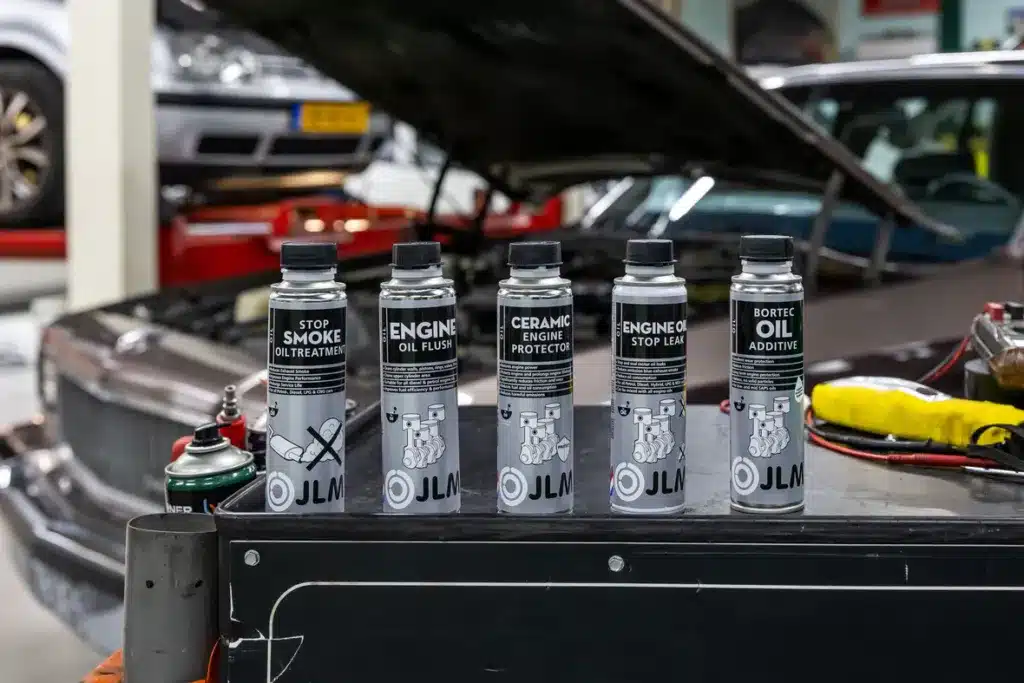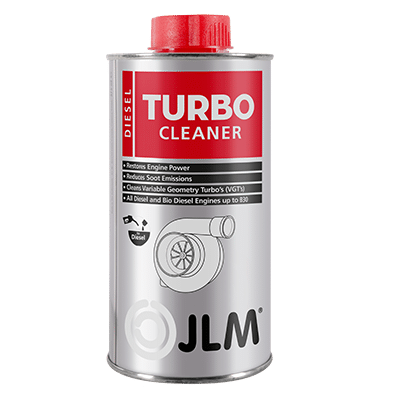Oil additives are a popular solution for enhancing engine performance, extending engine life, and preventing common automotive issues. Whether you’re driving a brand-new car or managing a high-mileage vehicle, adding the right engine additive oil can offer measurable benefits. Below, we’ll explore what oil additives are, their advantages, and whether they’re worth incorporating into your maintenance routine.
What are oil additives?
Oil additives are chemical compounds designed to enhance the performance of engine oil. They work by improving the properties of the oil, such as its lubrication, cleaning ability, and resistance to oxidation. Engine oils already contain some additives, but aftermarket oil additives can be added to your oil to address specific issues or further enhance your engine’s performance.
If you’re wondering, “Are engine oil additives worth it?”, this guide will help you understand the potential benefits and when to use them.

Benefits of using engine oil additives
1. Improved engine lubrication
One of the primary functions of engine oil is to lubricate the moving parts of the engine, reducing friction and wear. Oil additives can enhance this lubrication, especially in high-performance engines or older vehicles with worn-out components. This can lead to smoother engine operation and a reduction in engine noise.
2. Reduced engine wear and tear
Over time, engine components such as pistons, bearings, and camshafts can experience wear due to friction. Some oil additives contain anti-wear agents like zinc dialkyldithiophosphate (ZDDP), which form a protective layer on metal surfaces, reducing the wear and extending the life of your engine.
3. Enhanced engine cleaning
As your engine runs, it can accumulate deposits from combustion by-products, leading to sludge and varnish buildup. These deposits can clog oil passages and reduce engine efficiency. Detergent and dispersant additives help keep the engine clean by breaking down these deposits and suspending them in the oil, preventing them from settling and causing damage.
4. Improved fuel efficiency
Friction between engine components can reduce fuel efficiency. By enhancing lubrication and reducing friction, oil additives can help improve your car’s fuel economy. This is particularly beneficial in older vehicles or high-mileage cars, where wear and tear have started to affect engine performance.
5. Protection from corrosion and rust
Engines are exposed to moisture, especially in colder climates, which can lead to corrosion and rust. Oil additives containing corrosion inhibitors help protect engine parts by neutralising acids and forming a protective layer on metal surfaces, preventing rust and corrosion from taking hold.
6. Reduced oil leaks and consumption
Some engines, especially older ones, may consume more oil due to worn seals and gaskets. Oil additives can help swell these seals, reducing oil leaks and consumption. This can be particularly useful in high-mileage vehicles where seal wear is more common.
How often should you use oil additives?
The frequency with which you should use oil additives depends on several factors, including your vehicle’s age, condition, and driving habits. Here are some general guidelines:
- Regular maintenance: Add oil additives during every oil change for consistent benefit.
- Older vehicles: Use an engine oil additive every other oil change to combat leaks and wear.
- High-performance engines: For cars with high-performance engines, such as sports cars or vehicles used in demanding conditions (e.g., towing, off-roading), using oil additives with each oil change can help maintain optimal engine performance and prevent premature wear.
Which cars benefit most from oil additives?
1. Older vehicles
Vehicles with aging engines may suffer from leaks, sludge, or loss of efficiency. Additives can rejuvenate these engines and prevent further damage.
2. High-mileage cars
Cars with over 60,000 miles are often more susceptible to engine wear and tear. Oil additives designed for high-mileage vehicles can help maintain engine performance and prevent leaks.
3. High-performance vehicles
Engines that undergo stress from high speeds, towing, or racing benefit from the advanced protection of engine oil additives. Additives will help maintain engine performance and prevent leaks.
4. Vehicles in harsh conditions
If you frequently drive in extreme temperatures, dusty environments, or engage in heavy towing, your engine is likely subjected to more stress. Oil additives can offer additional protection against the harsh conditions, helping your engine stay clean and efficient.
Can oil additives hurt my engine?
This is a common concern. In general, quality oil additives, like those from JLM, that are also compatible with your engine type are safe. Problems usually arise when low-quality, incompatible, or excessive additives are used. Always follow manufacturer guidelines.
Final verdict: Are engine oil additives worth it?
Yes, when chosen correctly and used appropriately, engine oil additives can have significant benefits such as:
- Enhance performance
- Extend engine lifespan
- Prevent costly repairs
Ready to protect your engine?
Browse our catalogue to discover the best oil additives for your vehicle. Whether you’re looking to help a racing car, or a solution for worn-out seals, JLM will be able to help. Give your car the protection it deserves.

